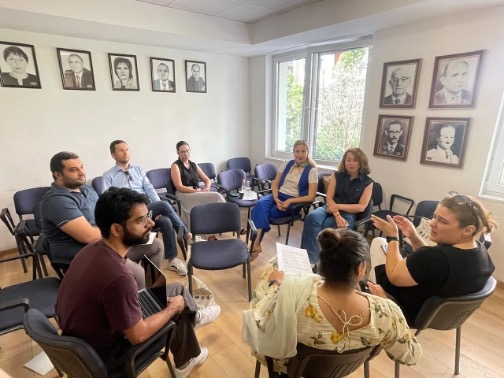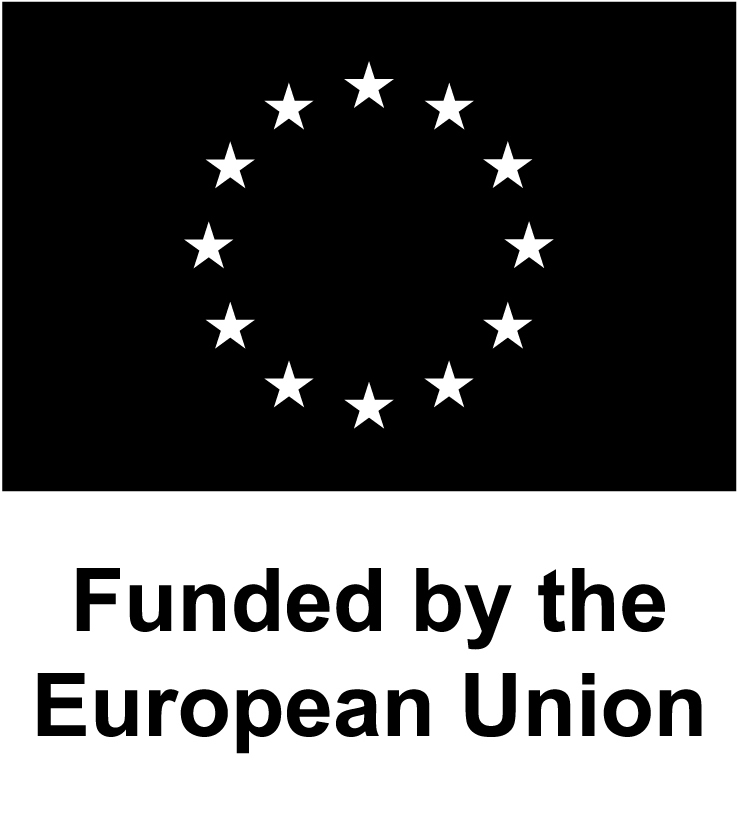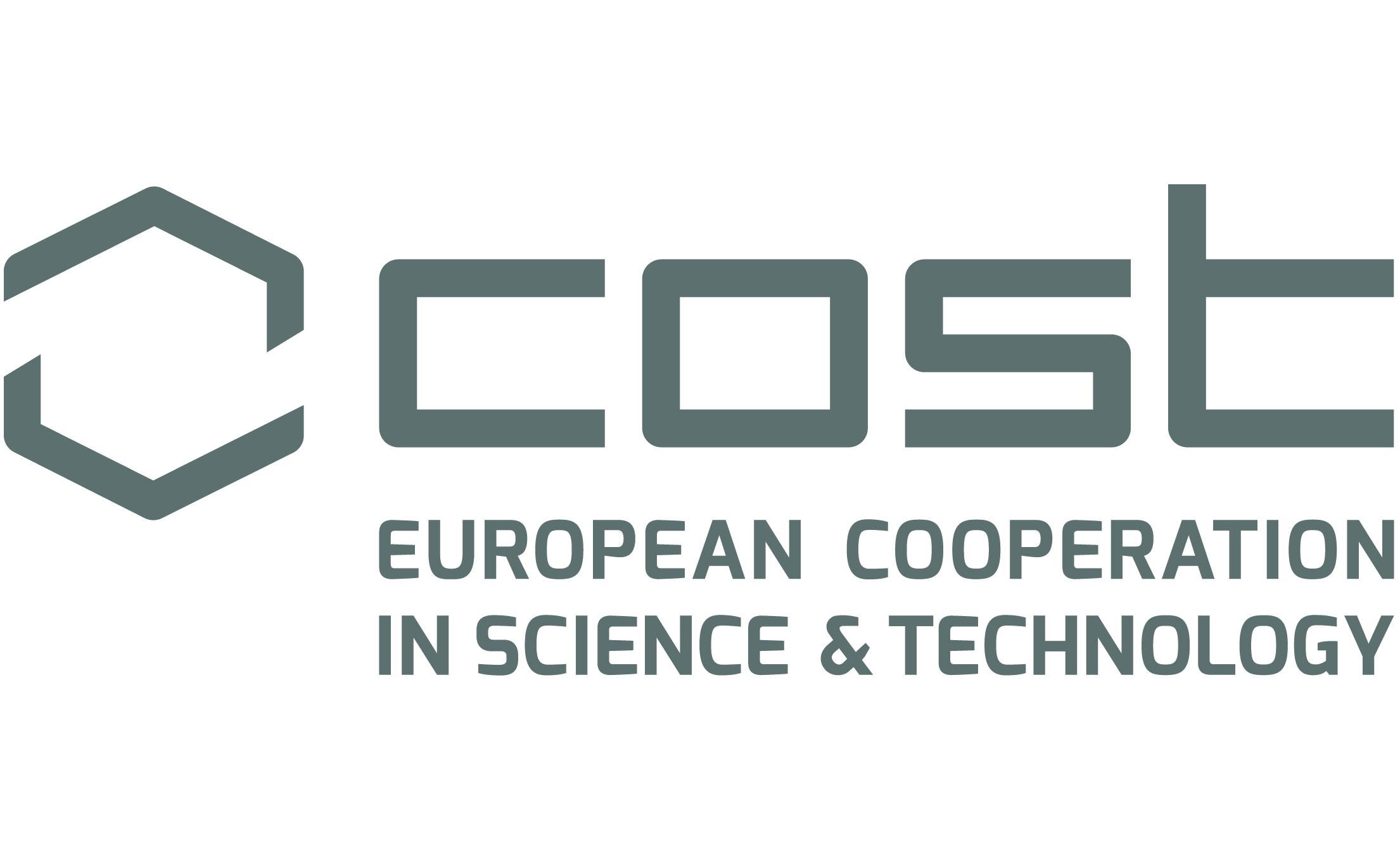Bridging Lands and Ideas: Reflections on Cultural Expertise in Albania

Fatima Mukaddam
Interdisziplinäres Zentrum für Geschlechterforschung (IZFG), Universität Bern
As I witnessed Albania’s quiet, everyday pluralism, mosques beside churches, interfaith families, and mutual respect without spectacle, I was reminded that cultural coexistence doesn’t have to be aspirational. It can be ordinary, embedded. This resonated deeply with my workshop on cultural expertise, which centres precisely on making such relational knowledge visible, valued, and actionable.
In a time of rising Islamophobia, far-right nationalism, genocide, and the looming threat of global conflict, Albania felt like a quiet vision of what the future could be — peaceful, plural, and deeply human.
Against this backdrop, I delivered my training on Cultural Expertise as a Tool for Decolonisation, a topic deeply close to my heart. Cultural expertise is not just a theoretical lens; it’s a method of intervention. It is a practical way to challenge dominant narratives, reframe knowledge hierarchies, and engage with complex systems through the insights and lived realities of communities that have long been marginalised or silenced.
The workshop was structured into three main lessons. First, we explored the foundations of cultural expertise, engaging with thinkers such as Frantz Fanon, Walter Mignolo, and Ngũgĩ wa Thiong’o to reflect on how identity, language, and knowledge systems have been shaped and distorted by colonial histories. Participants mapped out colonial legacies still present in their own fields, from law and education to governance and activism.
In the second part, we examined real-world applications of cultural expertise. Case studies included the Navtej Singh Johar case in India, which successfully used cultural expertise to overturn a colonial-era sodomy law; the Rhodes Must Fall movement in South Africa and the UK, which powerfully challenged symbolic remnants of empire; and Indigenous governance in Oaxaca, Mexico, where cultural expertise has mediated tensions between tradition and democratic inclusion.
The final part focused on applied strategies. Participants conducted ‘decolonisation audits’ of their professional spaces, identifying structures or policies with colonial roots and proposing culturally informed alternatives. We also worked through ethical dilemmas in the field – how to navigate advocacy without falling into cultural essentialism, and how to practise procedural neutrality while still pushing for justice.
Throughout the workshop, I emphasised that cultural expertise is not reserved for academic texts or courtrooms, it belongs in policymaking, in classrooms, in institutions, and in our interpersonal relationships. Decolonisation is not a metaphor; it is a material, political, and ethical process that requires rigour, imagination, and care.
I want to express my sincere gratitude to K-Peritia for this wonderful opportunity, particularly Livia Holden and Dina Hadad. The chapter by Rama Srinivasan on cultural expertise as decolonisation served as an important stepping stone in shaping the conceptual direction of this training. Dina supported me from the inception of this idea through to its delivery as a workshop. Her feedback and constructive criticism enriched the session in ways I deeply value, I am grateful to her and have learned so much from working with her.
A special thank you also goes to COST for facilitating such an insightful event. This workshop has given me, and, I believe, many others, much to contemplate as we work towards a world where cultural expertise is not just recognised, but actively used as a powerful tool for justice, equity, and decolonisation.
This is an output of K-Peritia COST Action 22101








